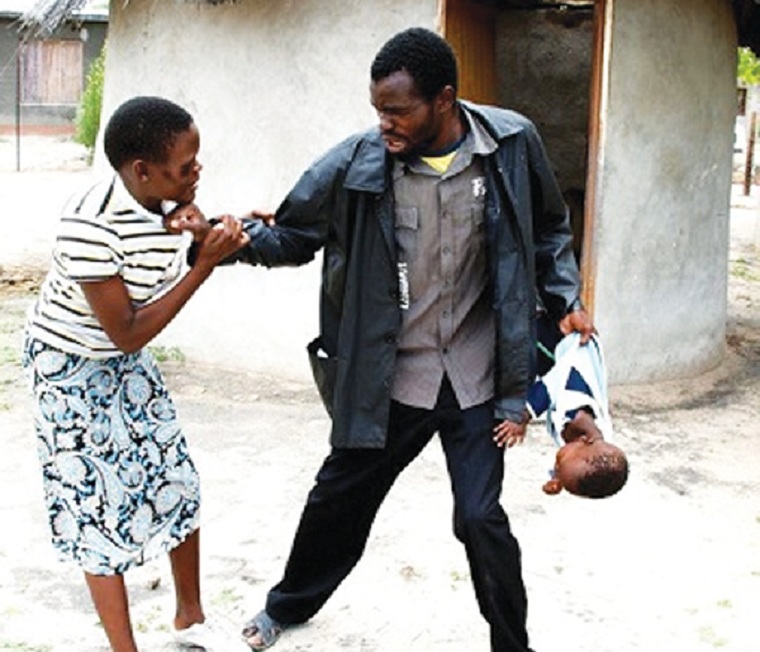Madam Speaker, I am aware that in line with the global commitments, the Government has stepped up action against domestic violence, abuse and rape through a series of legislative and policy reforms. These include the enactment of the Criminal law Act (2006); Domestic Violence Act (2007) and the Sexual Offences Act of 2001. However, challenges remain. Rape sentences are not deterrent enough. Guardians of minors, who are main victims of sexual abuse, protect rapists at the expense of abused minors. Enforcement of GBV laws is inadequate.
Madam Speaker, Members of this August House will recall that in 2014 Government announced plans to introduce a mandatory sentence for rape, as part of efforts to reduce rape and sexual abuse in the country. Hon. Oppah Muchinguri who then was the Minister of Women Affairs, Gender and Community Development said the proposal came about after consultation with the Cabinet inter-ministerial committee on rape and sexual abuse as well as various stakeholders involved in gender-based violence across Zimbabwe. My concern is that to date, six years later, the announced plans have not seen light of the day. It is my conviction that just as is the case with stock theft, there should be no special circumstances an accused person found guilty of committing rape and other sexual offenses must be sentenced to an effective mandatory minimum sentence that is deterrent enough. Sexual offenses are serious crimes they should not be graded and ranked as rape, aggravated indecent assault, indecent assault, having sexual intercourse with young persons and sexual intercourse within a prohibited degree of relationship, and so forth.
The sentences provided in the law reflect the seriousness with which Parliament, as a body of people’s representatives, abhors sexual crimes. Currently, maximum sentences are rarely imposed because of the discretion courts have in sentencing. There is outcry out there for stiffer sentences. While courts should use the current laws effectively, I would like to call upon this August House, and the Ministry of Justice, Legal and Parliamentary Affairs, to come up with an Act of Parliament that criminalizes sexual harassment and the one that introduces mandatory sentences for rape and other sexual crimes.
Madam Speaker, indeed the Government put in place mechanisms to effectively implement the provisions of these laws, and this include creation of institution and the annual 16 Days of Activism against Gender Based Violence and other campaigns. In addition, the provisions in the 2013 Constitution are pertinent. Chapter 4 of the Constitution, Part 2 and Sections 48 (1), 51, 52 and 53 provide for the right to dignity, personal security and freedom from inhuman and degrading treatment and all forms of violence. However, the concern is that the government has apparently failed to allocate and disburse funds to key GBV institutions such as the Anti- Domestic Violence Council so that it can adequately deal with gender based violence cases. The Council has been unable to carry out its work effectively due to lack of any meaningful funding, yet it was established to promote the protection and relief of victims of domestic violence through research, information dissemination, coordination and monitoring of the implementation of the Domestic Violence Act. As we commemorate 16 Days of Activism and Gender Based Violence against Women, we take this opportunity to call upon the Treasury to fully adopt the concept of Gender Responsive Budgeting (GRB). The august House may be aware that the allocation given to the Ministry of Women Affairs, Community and SMEs Development has always been very low, given the level and intensity of the work to be undertaken by the Ministry.
Continued next page
(303 VIEWS)


